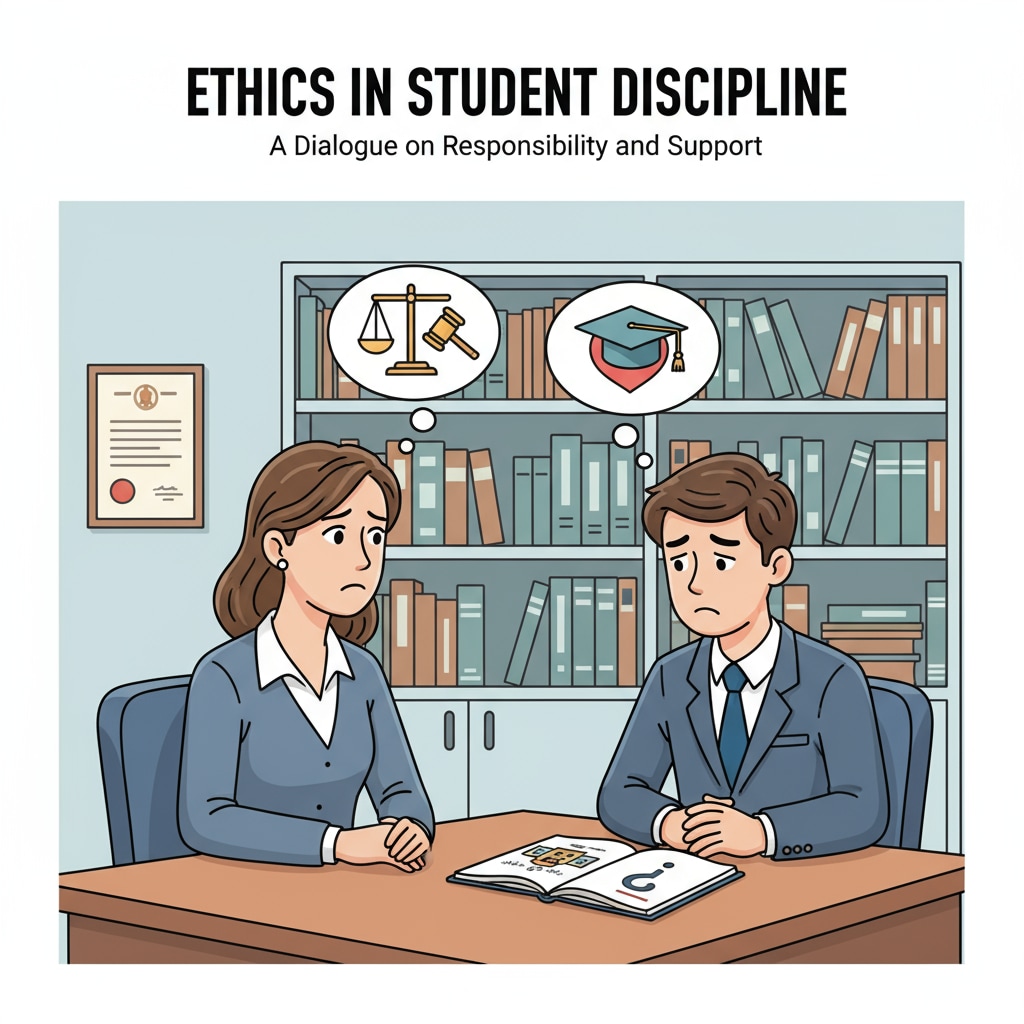In the realm of educational management, ethical dilemmas are an inevitable part of an administrator’s journey, and having an administrative certificate is often the foundation for making informed decisions. K12 educational managers encounter various complex situations that test their ethical compass. For example, they might face decisions regarding resource allocation, student discipline, and teacher evaluations. Let’s take a closer look at these issues and explore potential solutions.

The Ethical Dilemmas in Resource Allocation
One of the most common ethical dilemmas in educational management is resource allocation. Educational institutions have limited resources, such as funding, teaching materials, and technology. Managers with administrative certificates need to decide how to distribute these resources fairly. For instance, should more resources be allocated to students with special needs or to those in advanced courses? According to Wikipedia’s entry on education management, this decision not only affects individual students’ learning opportunities but also the overall educational quality of the institution. Sometimes, managers may be pressured by different stakeholders, like parents or teachers, to allocate resources in a certain way, which further complicates the ethical decision – making process.
Student Discipline and Ethical Challenges
Student discipline is another area where educational managers often face ethical dilemmas. How should they handle cases of misbehavior? On one hand, they need to maintain order and a safe learning environment. On the other hand, they must ensure that disciplinary actions are fair and do not violate students’ rights. For example, suspending a student for a minor infraction might seem like a quick solution, but it could have long – term negative impacts on the student’s education. As stated in Britannica’s article on education, managers need to balance the need for discipline with the principles of rehabilitation and support. Those with administrative certificates are better equipped to make such complex decisions by considering multiple factors, including the student’s background, the nature of the offense, and the school’s overall disciplinary policy.

Teacher evaluations also pose ethical challenges. Managers must ensure that evaluations are objective and based on valid criteria. They need to balance the need to provide honest feedback to improve teaching quality and the potential impact on teachers’ morale. If not handled properly, it can lead to a toxic work environment. Ethical educational managers with administrative certificates will use a comprehensive evaluation system that includes multiple sources of data, such as student performance, classroom observations, and teacher self – reflections.
In conclusion, educational management is fraught with ethical dilemmas, and administrative certificates play a crucial role in helping managers navigate these complex waters. By being aware of the common ethical challenges in resource allocation, student discipline, and teacher evaluations, managers can make more informed and ethical decisions, ultimately benefiting the entire educational community.
Readability guidance: This article uses short paragraphs to clearly present different aspects of ethical dilemmas in educational management. Each H2 section provides a focused discussion on a particular issue. The use of examples and external references helps to illustrate the points. Transition words like ‘for example’ and ‘on one hand…on the other hand’ are used to make the flow of the article more logical.


